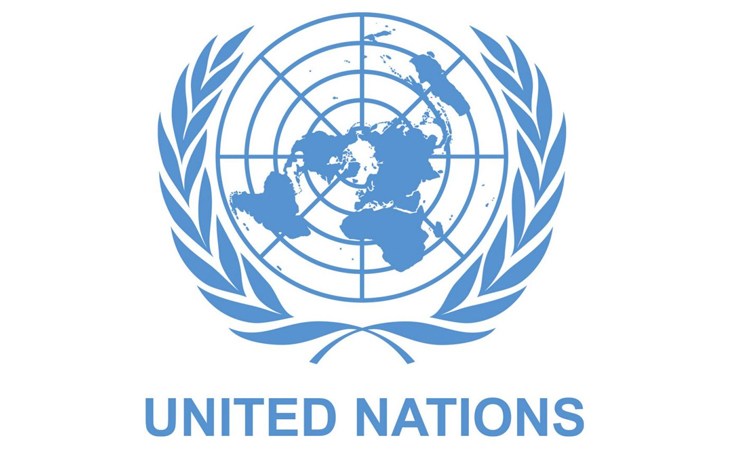News Flash

NAIROBI, May 23, 2025 (BSS/AFP) - Clashes between South Sudan's army and
fighters backing the rival to President Salva Kiir have killed at least 75
civilians since February, the UN human rights chief said on Friday.
Dozens more have been injured and thousands forced to flee their homes in the
world's newest state, said United Nations Commissioner for Human Rights
Volker Turk.
South Sudan, which gained independence from Sudan in 2011, was plunged into a
civil war between 2013 and 2018 that left around 400,000 dead and four
million displaced.
A 2018 power-sharing agreement between the warring parties had allowed for a
precarious calm.
But for several months, violent clashes have set President Kiir's faction
against supporters of his rival, Vice President Riek Machar, who was arrested
in March.
The fighting between Kiir's SSPDF, Machar's SPLA-IO and their respective
militias has left "at least 75 civilians killed and 78 others injured, and
displaced thousands from their homes", Turk said in a statement.
There are reports of "indiscriminate aerial bombardments, river and ground
offensives" by the South Sudanese army against SPLA-IO positions in Jonglei
State and Upper Nile regions," the statement said.
"Civilian-populated areas have also been struck, including a medical facility
operated by (mdical charity) Doctors Without Borders (MSF)."
On Wednesday, the SPLA-IO and allied armed groups launched a counter-
offensive to recapture areas it had lost in Fangak county in Jonglei State,
causing more civilians to flee their homes.
According to a UN estimate in mid-April, around 125,000 people have been
displaced since the escalation of tensions.
Turk said dozens of opposition politicians linked to the SPLM-IO had been
arrested, including Machar, ministers, MPs and army officers, as had
civilians.
He expressed concern over arbitrary detentions and a rise in hate speech
since February.
"All parties must urgently pull back from the brink," Turk said. "I urge all
parties to uphold the 2018 peace agreement."
The escalation of violence risks further worsening the already terrible
humanitarian situation and widespread violations of human rights, he said.